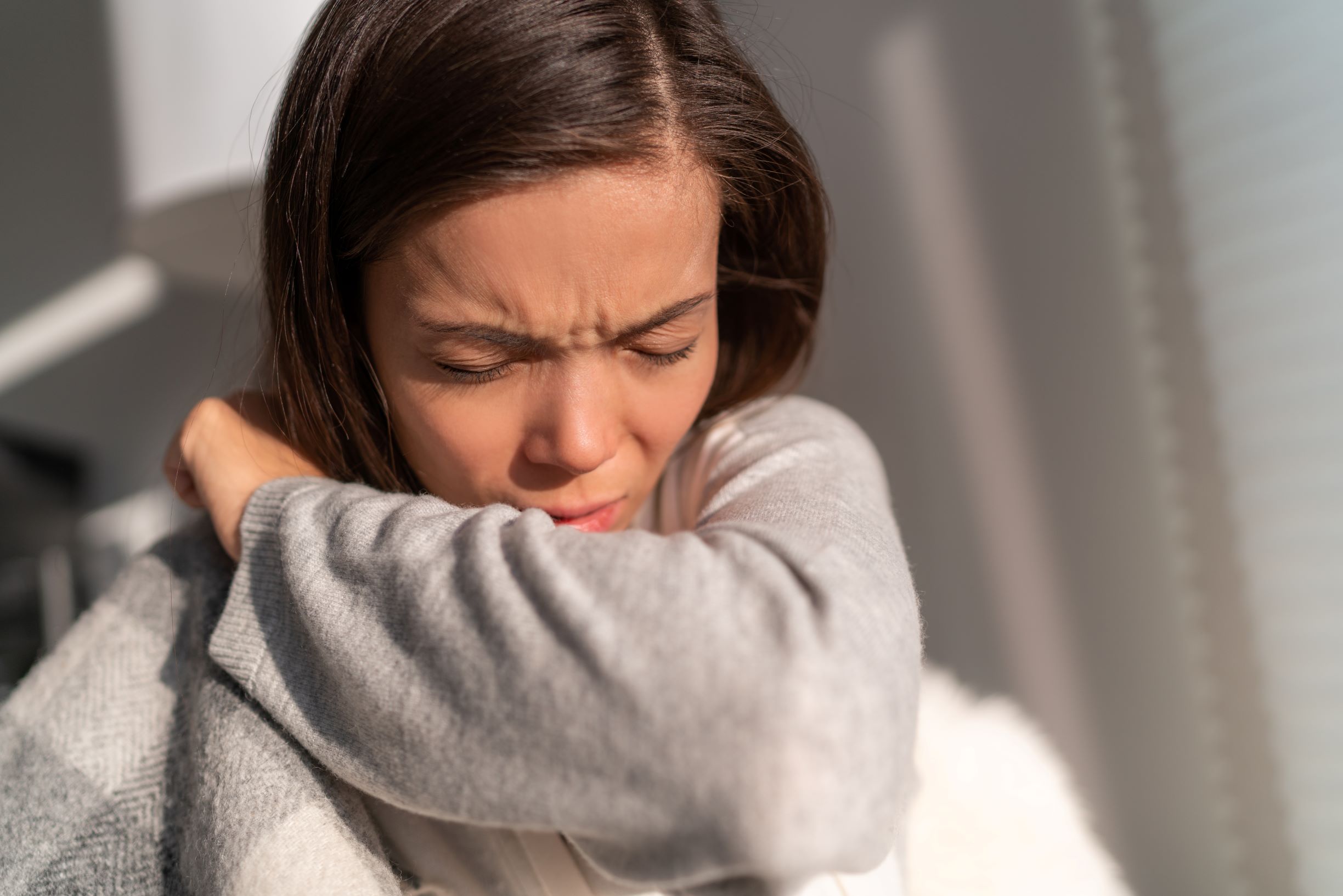1 in 4 young adults with COVID-19 still have symptoms weeks later
Young people should not expect to bounce right back after a COVID-19 infection.

Get the world’s most fascinating discoveries delivered straight to your inbox.
You are now subscribed
Your newsletter sign-up was successful
Want to add more newsletters?
Join the club
Get full access to premium articles, exclusive features and a growing list of member rewards.
Young people should not expect to bounce right back after a COVID-19 infection — a new study finds that about a quarter of young adults were still not back to their normal health weeks after contracting the infection, even if they had no medical conditions and were not hospitalized.
The findings show that recovery from COVID-19 "can be prolonged, even in young adults without chronic medical conditions, potentially leading to prolonged absence from work, studies or other activities," according to the report, released Friday (July 24) by the Centers for Disease Control and Prevention (CDC).
Although many studies have focused on hospitalized COVID-19 patients, researchers wanted to gauge what recovery is like for patients with less severe illness who are not hospitalized — known as "outpatients." So they analyzed information from nearly 300 U.S. adults ages 18 and older in 13 states who were tested for COVID-19 at a clinic or emergency room, but were not hospitalized at the time of the test. Because the study researchers wanted to look at recovery, they included only people who tested positive and reported experiencing at least one COVID-19 symptom at the time of their test. Participants were followed up with an interview two to three weeks after their test date to see how they were doing.
Related: 14 Coronavirus myths busted by science
Overall, about two-thirds of all adults in the study reported returning to their usual health within about a week of their test date, but 35% said they had not returned to their usual health at the time they were interviewed, which was 14 to 21 days after their test date.
Among younger adults (those ages 18 to 34 years old), 1 in 4 were still recovering two to three weeks later; that number rose to 1 in 3 for those between 35 and 49 and nearly 1 in 2 for those 50 and older.
Get the world’s most fascinating discoveries delivered straight to your inbox.
Even for healthy, young adults with no underlying medical conditions: About 1 in 5 had lingering symptoms two or three weeks later
Overall, among those who had not recovered, the symptoms that were least likely to resolve were cough and fatigue.
The findings show COVID-19 is not "just another flu" — data from previous years has found that more than 90% of outpatients with the flu are back to normal within two weeks of a positive test, the report said.
"Public health messaging should target populations that might not perceive COVID-19 illness as being severe or prolonged, including young adults and those without chronic underlying medical conditions," the report said.
Measures including social distancing, frequent handwashing and use of face coverings in public should be "strongly encouraged" to slow the spread of COVID-19, the authors concluded.
Originally published on Live Science.

Rachael is a Live Science contributor, and was a former channel editor and senior writer for Live Science between 2010 and 2022. She has a master's degree in journalism from New York University's Science, Health and Environmental Reporting Program. She also holds a B.S. in molecular biology and an M.S. in biology from the University of California, San Diego. Her work has appeared in Scienceline, The Washington Post and Scientific American.
 Live Science Plus
Live Science Plus










